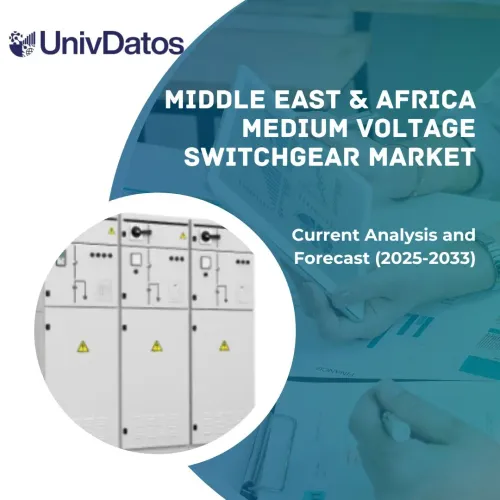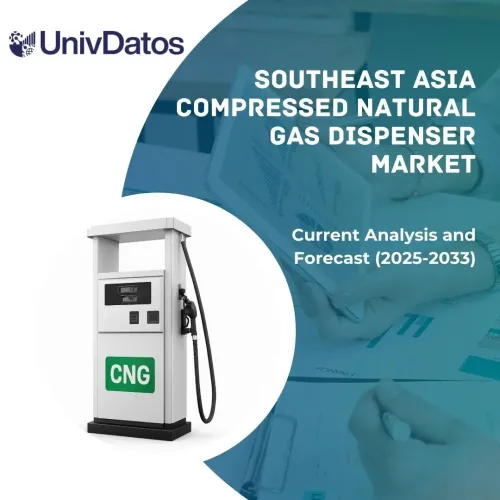- Startseite
- Über uns
- Industrie
- Dienstleistungen
- Lesen
- Kontaktieren Sie uns
Pico-Solar-Markt: Aktuelle Analyse und Prognose (2024-2032)
Schwerpunkt auf Typ (Einzweck und Mehrzweck), Anwendung (Wohn-, Gewerbe- und Industriebereich) und Region/Land
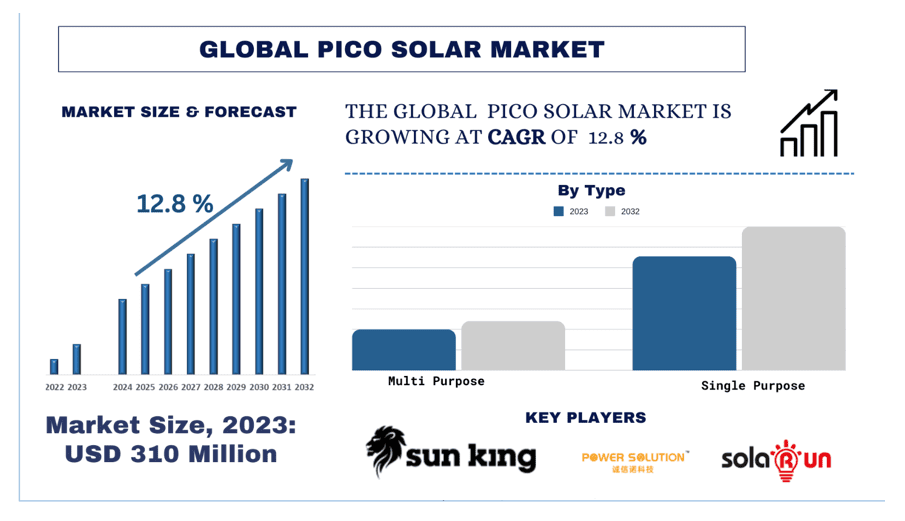
Pico Solar Marktgröße & Prognose
Der Pico Solar Markt wurde auf 310 Millionen USD geschätzt und wird voraussichtlich mit einer starken CAGR von rund 12,8 % während des Prognosezeitraums (2024-2032) wachsen.
Pico Solar Marktanalyse
Der Pico Solar Markt wird von mehreren Schlüsselfaktoren angetrieben, die zu seinem Wachstum und seiner Popularität beitragen. Einer der Haupttreiber ist ein bedeutender Teil der Weltbevölkerung, insbesondere in Entwicklungsregionen wie Afrika südlich der Sahara und Teilen Asiens, der in Gebieten ohne ein zuverlässiges Stromnetz lebt. Pico-Solarsysteme entwickeln sich zu einem Game-Changer und bieten eine erschwingliche und unabhängige Lösung, um grundlegende Energiebedürfnisse für Beleuchtung, das Aufladen von Mobiltelefonen und den Betrieb kleiner Geräte zu decken. Mit der Entwicklung der Volkswirtschaften, insbesondere in Regionen wie Südostasien, steigt das verfügbare Einkommen. Dies ermöglicht es Einzelpersonen und Familien, in Pico-Solarsysteme zu investieren, die zuvor unerreichbar waren, und verändert so ihren Zugang zu Elektrizität.
Regierungen weltweit erkennen zunehmend das Potenzial erneuerbarer Energiequellen. Pico Solar passt perfekt zu diesem Ziel, indem es einen sauberen und nachhaltigen Weg zur Stromerzeugung bietet. Politiker fördern aktiv die Einführung von Pico Solar durch den Fokus auf saubere Energie. Die Bekämpfung des Klimawandels ist ein dringendes globales Problem. Pico Solar bietet eine saubere und umweltfreundliche Möglichkeit zur Stromerzeugung und trägt zu einer nachhaltigeren Zukunft bei. Durch die Reduzierung der Abhängigkeit von fossilen Brennstoffen trägt Pico Solar zur Reduzierung der Treibhausgasemissionen bei.
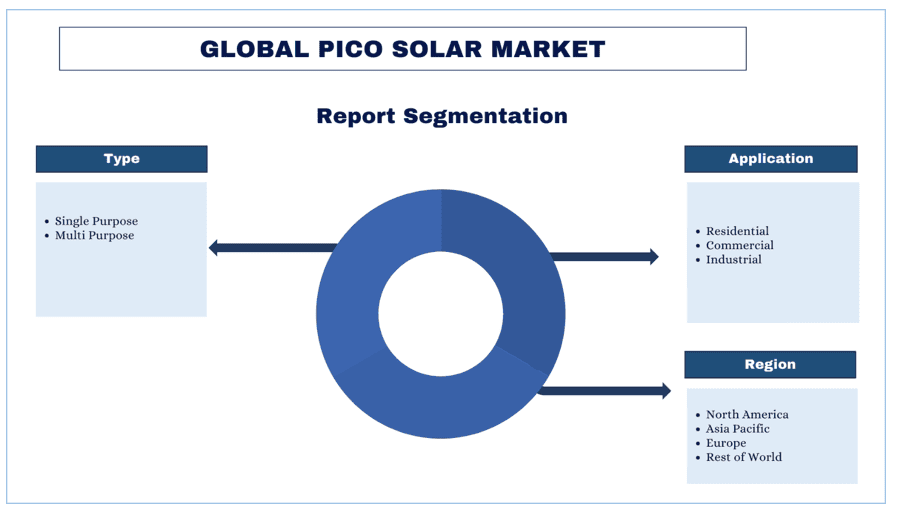
Pico Solar Markttrends
Dieser Abschnitt behandelt die wichtigsten Markttrends, die die verschiedenen Segmente des Pico Solar Marktes beeinflussen, wie sie von unserem Team von Forschungsexperten identifiziert wurden.
Der Fokus auf Erschwinglichkeit und Zugänglichkeit:
Traditionell werden Solarsysteme mit hohen Vorlaufkosten in Verbindung gebracht. Pico-Solarsysteme sind aufgrund ihrer geringeren Größe und des einfacheren Designs von Natur aus erschwinglicher. Dies macht sie zu einer praktikablen Option für Haushalte mit niedrigem Einkommen und solche in abgelegenen Gebieten, die Solarenergie bisher nicht in Betracht ziehen konnten.
Innovative Finanzierungsmodelle wie Mikrokredite oder Pay-as-you-go-Systeme entstehen, die es den Nutzern ermöglichen, Pico-Solarsysteme in Raten zu erwerben, was sie für Personen mit begrenztem verfügbarem Einkommen besser handhabbar macht. Darüber hinaus kann die Integration mit mobilen Geldplattformen, die in Entwicklungsregionen weit verbreitet sind, den Kaufprozess rationalisieren. Nutzer können Pico-Solarsysteme einfach mit ihren Mobiltelefonen bezahlen, wodurch Barrieren im Zusammenhang mit traditionellen Finanzinstituten beseitigt werden. Darüber hinaus führen Fortschritte in der Pico-Solartechnologie zu effizienteren und kostengünstigeren Systemen. Dies bedeutet, dass Hersteller qualitativ hochwertigere Pico-Solarsysteme zu geringeren Kosten herstellen können, was letztendlich dem Endverbraucher zugute kommt.
Indem dieser Trend Pico-Solar erschwinglicher und zugänglicher macht, hat er das Potenzial, die Marktreichweite erheblich zu erweitern. Dies kann Millionen von Menschen in Entwicklungsregionen in die Lage versetzen, Zugang zu sauberer und zuverlässiger Elektrizität zu erhalten, was ihre Lebensqualität und ihre wirtschaftlichen Möglichkeiten verbessert.
Zusammenfassend lässt sich sagen, dass der Fokus auf Erschwinglichkeit und Zugänglichkeit ein Game-Changer für den Pico-Solar-Markt ist. Indem dieser Trend finanzielle Barrieren abbaut und Pico-Solarsysteme leichter verfügbar macht, ebnet er den Weg für eine breitere Akzeptanz und ermöglicht es Einzelpersonen und Gemeinschaften, die Vorteile sauberer und nachhaltiger Energie zu nutzen.
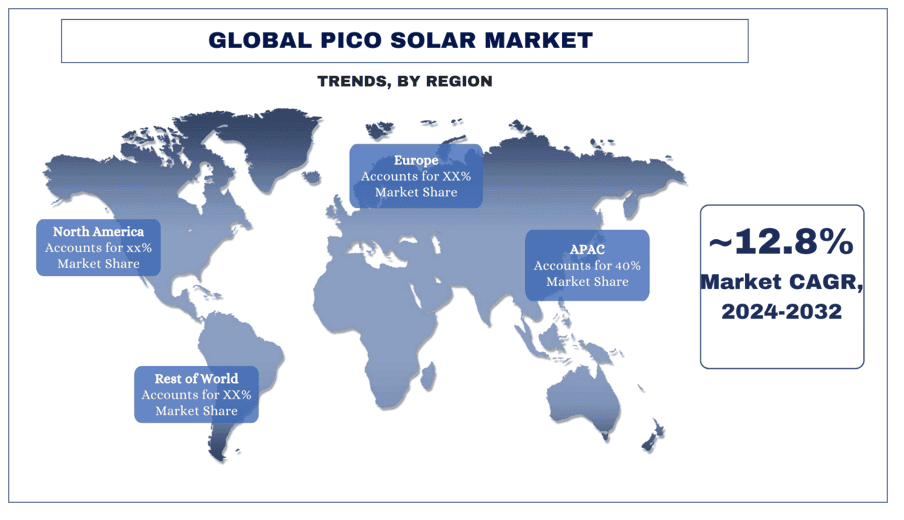
Es wird erwartet, dass der asiatisch-pazifische Raum im Prognosezeitraum mit einer signifikanten CAGR wachsen wird.
Die Region Asien-Pazifik zeichnet sich als führend im Pico-Solar-Markt aus, und ihre Dominanz lässt sich auf Volkswirtschaften in der Region wie Indien, China und Indonesien zurückführen, die ein Wachstum mit steigendem verfügbaren Einkommen verzeichnen. Dies ermöglicht es Einzelpersonen und Familien, in Pico-Solarsysteme zu investieren, die zuvor unerreichbar waren, und verändert so ihren Zugang zu Elektrizität. Diese zunehmende Erschwinglichkeit treibt die Marktexpansion an.
Viele Regierungen im asiatisch-pazifischen Raum erkennen das Potenzial von Pico-Solar für die ländliche Elektrifizierung und fördern aktiv dessen Einführung. Diese Unterstützung kommt in verschiedenen Formen. Die Reduzierung der Vorlaufkosten von Pico-Solarsystemen durch Subventionen macht sie für Haushalte mit niedrigem Einkommen zugänglicher. Die Anreize für Hersteller und Händler von Pico-Solarprodukten durch Steuererleichterungen können das Marktwachstum ankurbeln und möglicherweise die Preise für die Verbraucher senken.
Das Zusammentreffen von hoher Nachfrage aufgrund des eingeschränkten Netzzugangs, steigendem verfügbarem Einkommen, unterstützender Regierungspolitik, günstiger Demografie und einem wachsenden Fokus auf Nachhaltigkeit hat die Region Asien-Pazifik als unangefochtenen Marktführer im Pico-Solar-Markt positioniert. Da sich der Markt ständig weiterentwickelt, wird erwartet, dass diese Region ihre Dominanz in den kommenden Jahren beibehalten wird.
Pico Solar Branchenüberblick
Der Pico-Solar-Markt ist wettbewerbsintensiv und fragmentiert, mit der Präsenz mehrerer globaler und internationaler Marktteilnehmer. Die wichtigsten Akteure verfolgen unterschiedliche Wachstumsstrategien, um ihre Marktpräsenz zu verbessern, wie z. B. Partnerschaften, Vereinbarungen, Kooperationen, Produkteinführungen, geografische Expansionen sowie Fusionen und Übernahmen. Einige der wichtigsten Akteure, die auf dem Markt tätig sind, sind Sun King, Signify N.V., Fosera Solarsystems GmbH & Co. KGaA, Power-Solution, Panasonic Corporation, Solar Run, JA SOLAR Technology Co, Ltd, Barefoot Power, Maxeon Solar Technologies Ltd. und d.light design.
Pico Solar Marktnachrichten
- 2022: Staatliche Unterstützung: Die indische Regierung startet das Subventionsprogramm Pradhan Mantri Ujjwala Yojana (PMUY), das die Einführung von Pico-Solar im ländlichen Indien fördert.
Technologische Fortschritte: Unternehmen wie Sun Edison (US) präsentieren Fortschritte bei Perowskit-Solarzellen, die den Markt potenziell mit noch höherer Effizienz revolutionieren.
- 2023: IoT-Integration: Unternehmen wie Lighting Africa (US) pilotieren Projekte, die Pico-Solarsysteme mit IoT-Plattformen für Fernüberwachung und Datenerfassung integrieren.
Nachhaltigkeitsinitiativen: Unternehmen wie Barefoot Power (US) kündigen ihr Engagement für die Verwendung recycelter Materialien in Pico-Solarprodukten an.
- 2024: Fokus auf Sharing Economy: Unternehmen wie Sunjoule (Frankreich) erforschen innovative Pico-Solar-Mietmodelle, um die Marktreichweite zu erweitern.
Nanogrid-Konzepte: Aufstrebende Unternehmen wie Zola Electric (US) schlagen Solar-Nanogrids vor, miteinander verbundene Pico-Solarsysteme in Gemeinden zur Verbesserung der Zuverlässigkeit.
Pico Solar Marktberichtsabdeckung

Gründe für den Kauf dieses Berichts:
- Die Studie umfasst eine Marktdimensionierungs- und Prognoseanalyse, die von authentifizierten wichtigen Branchenexperten validiert wurde.
- Der Bericht bietet einen schnellen Überblick über die Gesamtleistung der Branche auf einen Blick.
- Der Bericht enthält eine detaillierte Analyse prominenter Branchenkollegen mit einem primären Fokus auf wichtige Finanzdaten, Produktportfolios, Expansionsstrategien und aktuelle Entwicklungen.
- Detaillierte Untersuchung von Treibern, Hemmnissen, wichtigen Trends und Chancen in der Branche.
- Die Studie deckt den Markt umfassend über verschiedene Segmente hinweg ab.
- Tiefgehende regionale Analyse der Branche.
Anpassungsoptionen: Der globale Pico-Solar-Markt kann je nach Anforderung oder einem anderen Marktsegment weiter angepasst werden. Darüber hinaus versteht UMI, dass Sie möglicherweise Ihre eigenen geschäftlichen Anforderungen haben. Zögern Sie daher nicht, sich mit uns in Verbindung zu setzen, um einen Bericht zu erhalten, der Ihren Anforderungen vollständig entspricht.
Inhaltsverzeichnis
Forschungsmethodik für die Pico-Solar-Marktanalyse (2024-2032)
Die Analyse des historischen Marktes, die Schätzung des aktuellen Marktes und die Prognose des zukünftigen Marktes des globalen Pico-Solar-Marktes waren die drei wichtigsten Schritte, die unternommen wurden, um die Akzeptanz von Pico-Solar in wichtigen Regionen weltweit zu erstellen und zu analysieren. Es wurden umfassende Sekundärrecherchen durchgeführt, um die historischen Marktzahlen zu sammeln und die aktuelle Marktgröße zu schätzen. Zweitens wurden zahlreiche Erkenntnisse und Annahmen berücksichtigt, um diese Erkenntnisse zu validieren. Darüber hinaus wurden umfassende Primärinterviews mit Branchenexperten entlang der Wertschöpfungskette des globalen Pico-Solar-Marktes geführt. Nach Annahme und Validierung der Marktzahlen durch Primärinterviews verwendeten wir einen Top-Down/Bottom-Up-Ansatz, um die vollständige Marktgröße zu prognostizieren. Danach wurden Marktaufschlüsselungs- und Datentriangulationsmethoden angewendet, um die Marktgröße von Segmenten und Untersegmenten der jeweiligen Branche zu schätzen und zu analysieren. Die detaillierte Methodik wird im Folgenden erläutert:
Analyse der historischen Marktgröße
Schritt 1: Eingehende Untersuchung von Sekundärquellen:
Es wurde eine detaillierte Sekundärstudie durchgeführt, um die historische Marktgröße des Pico-Solar-Marktes aus unternehmenseigenen Quellen wie Jahresberichten und Finanzberichten, Performance-Präsentationen, Pressemitteilungen usw. und externen Quellen wie Fachzeitschriften, Nachrichten und Artikeln, Regierungsveröffentlichungen, Wettbewerberveröffentlichungen, Branchenberichten, Datenbanken von Drittanbietern und anderen glaubwürdigen Veröffentlichungen zu erhalten.
Schritt 2: Marktsegmentierung:
Nachdem wir die historische Marktgröße des Pico-Solar-Marktes erhalten hatten, führten wir eine detaillierte Sekundäranalyse durch, um historische Markteinblicke und -anteile für verschiedene Segmente und Untersegmente für wichtige Regionen zu sammeln. Die wichtigsten Segmente, die im Bericht enthalten sind, sind Art und Anwendung. Darüber hinaus wurden Analysen auf Länderebene durchgeführt, um die allgemeine Akzeptanz von Testmodellen in dieser Region zu bewerten.
Schritt 3: Faktorenanalyse:
Nachdem wir die historische Marktgröße verschiedener Segmente und Untersegmente ermittelt hatten, führten wir eine detaillierte Faktorenanalyse durch, um die aktuelle Marktgröße des Pico-Solar-Marktes zu schätzen. Darüber hinaus führten wir eine Faktorenanalyse unter Verwendung abhängiger und unabhängiger Variablen wie Art und Anwendung des Pico-Solar-Marktes durch. Es wurde eine gründliche Analyse für Nachfrage- und Angebotsseitenszenarien unter Berücksichtigung von Top-Partnerschaften, Fusionen und Übernahmen, Geschäftsausweitungen und Produkteinführungen im Pico-Solar-Marktsektor auf der ganzen Welt durchgeführt.
Aktuelle Marktgrößenschätzung & Prognose
Aktuelle Marktgrößenbestimmung: Basierend auf verwertbaren Erkenntnissen aus den oben genannten 3 Schritten ermittelten wir die aktuelle Marktgröße, die wichtigsten Akteure auf dem globalen Pico-Solar-Markt und die Marktanteile der Segmente. Alle erforderlichen prozentualen Anteile und Marktaufteilungen wurden mithilfe des oben genannten sekundären Ansatzes ermittelt und durch Primärinterviews verifiziert.
Schätzung & Prognose: Für die Marktschätzung und -prognose wurden verschiedenen Faktoren, einschließlich Triebkräften und Trends, Beschränkungen und Möglichkeiten, die den Beteiligten zur Verfügung stehen, Gewichte zugewiesen. Nach der Analyse dieser Faktoren wurden relevante Prognosetechniken, d. h. der Top-Down/Bottom-Up-Ansatz, angewendet, um die Marktprognose für 2030 für verschiedene Segmente und Untersegmente in den wichtigsten Märkten weltweit zu erstellen. Die Forschungsmethodik zur Schätzung der Marktgröße umfasst:
- Die Marktgröße der Branche in Bezug auf den Umsatz (USD) und die Akzeptanzrate des Pico-Solar-Marktes in den wichtigsten Märkten im Inland
- Alle prozentualen Anteile, Aufteilungen und Aufschlüsselungen von Marktsegmenten und Untersegmenten
- Wichtige Akteure auf dem globalen Pico-Solar-Markt in Bezug auf die angebotenen Produkte. Außerdem die Wachstumsstrategien, die diese Akteure anwenden, um in dem schnell wachsenden Markt zu konkurrieren.
Validierung der Marktgröße und des Marktanteils
Primärforschung: Es wurden ausführliche Interviews mit den wichtigsten Meinungsführern (KOLs) geführt, darunter Top-Level-Führungskräfte (CXO/VPs, Vertriebsleiter, Marketingleiter, Betriebsleiter, Regionalleiter, Länderchef usw.) in den wichtigsten Regionen. Die Ergebnisse der Primärforschung wurden dann zusammengefasst und eine statistische Analyse durchgeführt, um die aufgestellte Hypothese zu beweisen. Die Erkenntnisse aus der Primärforschung wurden mit den Ergebnissen der Sekundärforschung zusammengeführt, wodurch Informationen in verwertbare Erkenntnisse umgewandelt wurden.
Aufteilung der Hauptteilnehmer in verschiedene Regionen
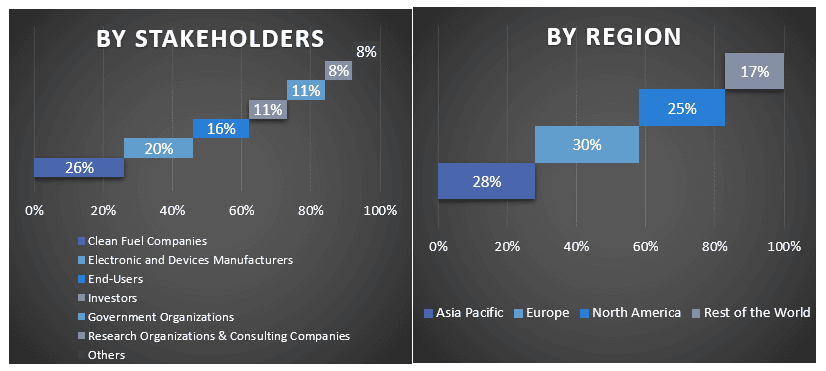
Market Engineering
Die Datentriangulationstechnik wurde angewendet, um die Gesamtmarktschätzung abzuschließen und präzise statistische Zahlen für jedes Segment und Untersegment des globalen Pico-Solar-Marktes zu erhalten. Die Daten wurden in mehrere Segmente und Untersegmente aufgeteilt, nachdem verschiedene Parameter und Trends in den Bereichen Art, Technologie, Komponente und Endverbraucher auf dem globalen Pico-Solar-Markt untersucht wurden.
Das Hauptziel der Global Pico Solar Market Study
Die aktuellen und zukünftigen Markttrends des globalen Pico-Solar-Marktes wurden in der Studie genau bestimmt. Investoren können strategische Einblicke gewinnen, um ihre Entscheidungen für Investitionen auf der Grundlage der in der Studie durchgeführten qualitativen und quantitativen Analyse zu treffen. Aktuelle und zukünftige Markttrends bestimmten die Gesamtattraktivität des Marktes auf regionaler Ebene und boten den Industrieteilnehmern eine Plattform, um den unerschlossenen Markt zu nutzen und von einem First-Mover-Vorteil zu profitieren. Weitere quantitative Ziele der Studien sind:
- Analyse der aktuellen und prognostizierten Marktgröße des Pico-Solar-Marktes in Bezug auf den Wert (USD). Analysieren Sie auch die aktuelle und prognostizierte Marktgröße verschiedener Segmente und Untersegmente.
- Segmente in der Studie umfassen Bereiche der Art und Anwendung.
- Definition und Analyse des regulatorischen Rahmens für Pico-Solar
- Analyse der Wertschöpfungskette unter Einbeziehung verschiedener Intermediäre sowie Analyse des Kunden- und Wettbewerberverhaltens der Branche.
- Analyse der aktuellen und prognostizierten Marktgröße des Pico-Solar-Marktes für die Hauptregion.
- Zu den wichtigsten Ländern der in dem Bericht untersuchten Regionen gehören der asiatisch-pazifische Raum, Europa, Nordamerika und der Rest der Welt.
- Unternehmensprofile des Pico-Solar-Marktes und die von den Marktteilnehmern angewandten Wachstumsstrategien, um sich in dem schnell wachsenden Markt zu behaupten.
- Tiefgehende Analyse der Branche auf regionaler Ebene
Häufig gestellte Fragen FAQs
F1: Wie groß ist der aktuelle Markt und welches Wachstumspotenzial hat der Pico-Solar-Markt?
F2: Was sind die treibenden Faktoren für das Wachstum des Pico-Solar-Marktes?
F3: Welches Segment hat den größten Anteil am Pico-Solarmarkt nach Typ?
F4: Welche aufkommenden Technologien und Trends gibt es auf dem Pico-Solar-Markt?
F5: Welche Region wird den Pico-Solar-Markt dominieren?
Verwandt Berichte
Kunden, die diesen Artikel gekauft haben, kauften auch



